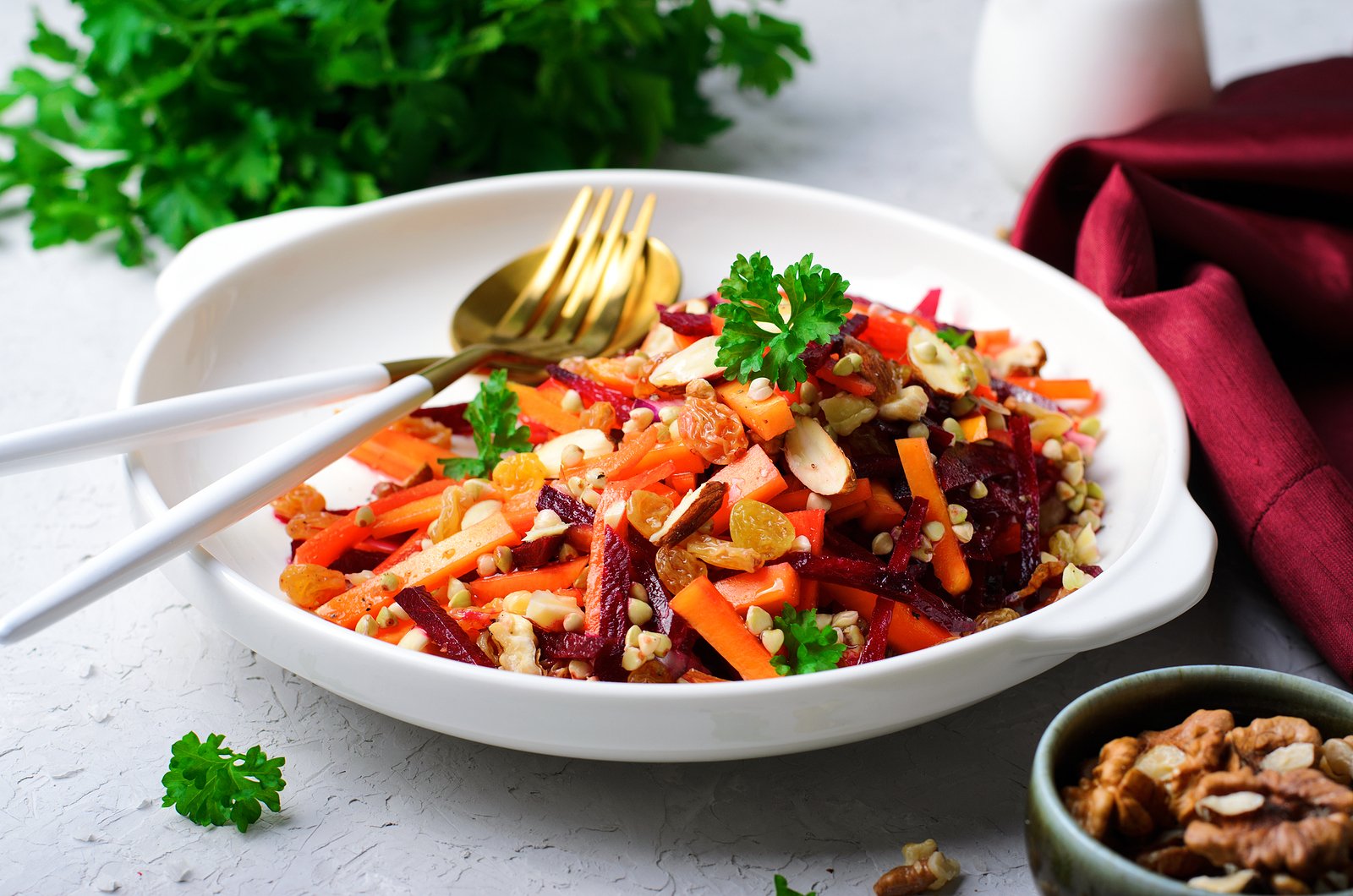
Ever wonder if all the reported benefits of Veganism are true? Are you considering Veganism as an option for extended longevity, immunal integrity, or even just a sustainable approach to weight loss? Well, I'll tell you about my experience, and maybe you can decide whether the pros outweigh the cons in your individual case.
I was Vegan for over 10 years, a spiritually motivated decision. Believe it or not, I didn't even know anything other than what my girlfriend at the time was exhibiting as the "only Vegan" I knew; and what she exhibited was pretty amazing! Healthy glowing skin, absolute control over her appetite, keen intellectuality, and an ability to articulate the pathology that led her to personally choose Veganism. I desired those benefits, and generally, a less clouded mind. It made sense to me. If the foods you eat are more immediately processed into energy - spending less time and energy digesting - the more energy you will have available. It was simple; at least, it should have been. At that time, I didn't know that I had pancreatitis.
Fats
Over that 10-year period, I can say I did experience many of the reported benefits of Veganism. What goes most underreported, I believe, is the hormonal functionality and mood stability after long-term Veganism. There aren't many options for a strict Vegan in the way of "unhealthy fat"; and in fact, one is very much limited to healthy sources of omega fatty acids - nuts, avocado, virgin oils, etc. So, whether male or female, Veganism can support the healthy production of estrogen and testosterone as they are both made from cholesterol (HDL). For more information on the relationship between healthy fat and hormones, check out this study published by the NIH or this article by Dr. Jolene Brighten, Best Fats for Hormones.
Protein
Complimentary Proteins (foods which lack all 9 Essential Amino Acids) are the key to Protein intake for many Vegans; however, there are quite a few Complete Proteins (foods which contain all 9 EAA's) available as well, such as quinoa, edamame, amaranth, buckwheat, Ezekiel bread, spirulina, hemp seeds, chia seeds, and nutritional yeast. My personal preferences were spirulina and nutritional yeast, though, for a long time I relied on Tofu/Soy until I was informed about how much estrogen it contained. Due to its estrogen level, in fact, Tofu/Soy (a processed form of edamame) can actually cause gynoclemastia in men. Also, for women experiencing menopuase, soy milk is often recommended to increase estrogen levels. As my activity intensified to more strength training style programming, I found the frequency and cost of attaining solid protein intake to be a bit arduous, if not just plain redundant. With inexhaustible funds and a live-in chef, I'd most likely still be a Vegan today.
Carbohydrates
Carbs-o'-plenty! Fresh fruits and vegetables are essential to maintaining high energy levels. The bioavailability of such foods makes for quick assimilation and, unfortunately, a quick exit. Dense leafy greens were a staple for any complete meal; and if they weren't available, I typically substituted with grean beans. I also experimented with a lot of different kinds of grains and flours. Anything white was off the table, literally! No white flour, no white sugar, and white rice only with Chinese Food (because we all need a cheat code to happiness). I tried buckwheat - didn't like it. I tried tapioca flour - didn't like it. I tried rice and whole wheat flour, and they seemed to remain my go-to's. All other whole grains were welcome, but the majority of my fiber intake came from daily oats for breakfast and a mountain of vegetables throughout the day.
Pancreatitis
After 10 years of Veganism and gradually increasing my resistance and strength training, I hit a wall. There were a myraid contributing factors, however - over 50 hours a week at work, regular alcohol intake, copious caffeine intake, and smoking tobacco. But, I wasn't going to stop working. Alcohol is the universal social lubricant, and smoking was the only way to guarantee five minutes of "fresh air" whenever I was on the clock. So, what did I do to get over the energetic lows? I started to incorporate animal foods into my diet. I started slow, very slow, but still got hammered by the reality that I could not process animal products without pain.
It finally culminated into acute pancreatic inflammation which lasted nearly two weeks. The first week, I knew it. I was on my deathbed. I was unable to move an inch without horrific pain shooting through my solar plexus, and it did not yield. Finally, after several days of agony and dismissing the good notion to see a doctor, I called my sister to take me to Patient First. There, I was diagnosed with pancreatitis, prescribed a medication, and told to go directly the Johns Hopkins to be admitted.
Truly, I was dying. My pancreas had essentially stopped functioning due to metabolic stress and the introduction of animal fats. I didn't know I couldn't process animal fats, and prolonged Veganism only made the problem worse. I didn't have the enzyme necessary to eat the foods that would help me be as strong as I wanted to be.
At Johns Hopkins, I was told I would be put on fluids and monitored. I would not be permitted to eat anything! However, I had already been fasting the entire time, ingesting nothing but water; so, I just went home. What did I do when I went home? I started eating green beans with hummus. Three days in, and I was able to eat toast with butter. Another week, and I was eating complete meals again. And, after a month, I started to incorporate meat.
Availability
I had a lot of time to think, while fasting, and one undeniable fact stood out as unshakable. In the event of an emergency, the Vegan lifestyle is not sustainable! In the context of a "worst case scenario", if there are no grocery stores and no gardens, Veganism is NOT a sustainable approach to survival. If I were stranded on a island, the potential to live off of the vegetation vs the fish or animals is minimal at best. Without access to complimentary or complete proteins, the Vegan would not fair well in an emergency, especially if animal sources were the only option. As in my case, a Vegan would have to gradually integrate animal meats and fats after prolonged abstenance from animal products.
Conclusion
Though my experience is on the extreme end, I can confidently say that Vegansm is a GREAT option for people looking to live a healthier lifestyle. But, #1 it has to be done right. And, #2 the Vegan has to accept that Veganism is a luxury of the Western World and not sustainable in emergency scenarios. My recommendation? Use intermittent Veganism to reset the gastrointestinal tract (gut bacteria and digestive enzymes) and reduce inflammation. It may even be a good idea to start a slow transition toward Veganism during the later years of life when energetic demands have decreased and longevity is a higher priority.










